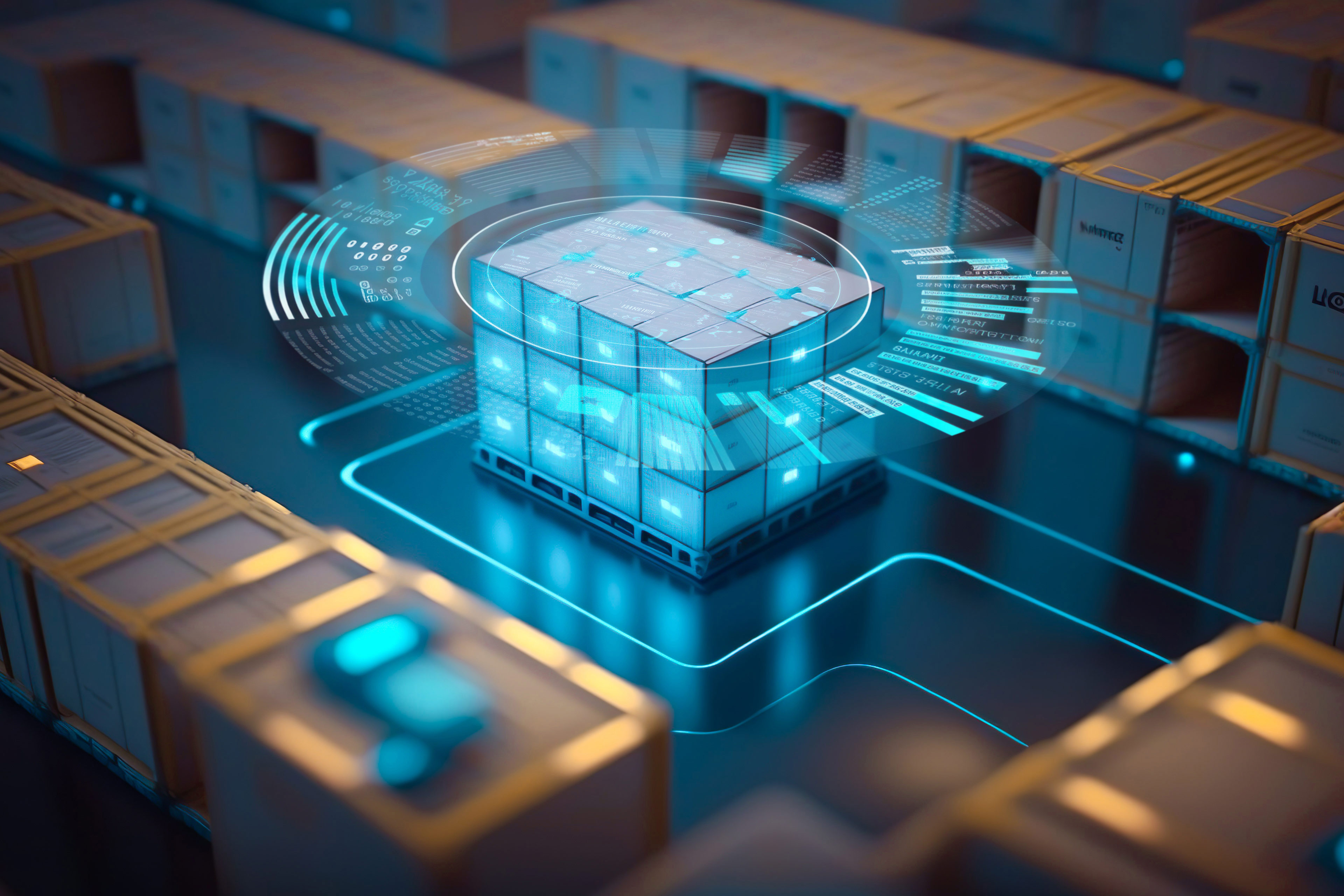EY refers to the global organization, and may refer to one or more, of the member firms of Ernst & Young Global Limited, each of which is a separate legal entity. Ernst & Young Global Limited, a UK company limited by guarantee, does not provide services to clients.
How EY can help
-
Optimize operations with Ernst & Young LLP Supply Chain consulting services. Use tech and AI to boost resilience, efficiency and value.
Read more
The recent white paper “Optimizing supply chains with AI, cloud and data lakes” explores the profound impact a digitally optimized supply chain can have on the bottom line. By harnessing the power of data and advanced digital technologies, companies can avoid the problems typically associated with traditional IT-based digital supply chain models, while reducing costs and strengthening their resilience. This is especially important as many organizations struggle to embrace digital supply chain transformation or realize the benefits they expect from their investments in technology.
The role of advanced technologies is growing across various facets of the supply chain. From improving forecast accuracy to enabling real-time visibility into operations, AI drives more responsive and efficient operational models. Cloud technology amplifies this impact by providing the scalable infrastructure needed to manage large volumes of data, while data lakes serve as the repository for actionable insights that fuel stronger data-driven decision-making.
Despite the clear advantages, the journey toward a fully digital supply chain is not without its obstacles. Businesses must navigate challenges such as the integration of new technologies with legacy systems. However, a deliberate and phased approach — beginning with a comprehensive understanding of the organization’s current technological landscape, followed by a strategic implementation plan and culminating in the seamless integration of new solutions — can address these hurdles.
The promise of a digitally optimized supply chain is not just operational excellence; it’s the creation of a sustainable ecosystem that puts humans at the center and values cross-functional collaboration and environmental responsibility. As businesses look to the future, the importance of a strategic digital transformation can’t be overstated.
For those ready to see how a digitally optimized supply chain can help them, the white paper details the steps necessary to use the combined power of AI, cloud and data lakes to transform supply chains into models of efficiency and innovation.
As the digital landscape continues to evolve, so too will the capabilities and potential of supply chain management. Organizations that act now to embrace these advanced technologies will pioneer a new era in business, where agility, foresight and strategic execution are the hallmarks of success.






